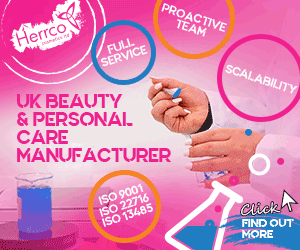The UK's advertising watchdog has banned an advert by Unilever after its claims to protect babies’ skin microbiome was backed by 'insufficient' evidence.
A paid-for Facebook post by Boots advertising Unilever-owned Baby Dove wash and lotion in August 2019 stated "every baby is born with a unique microbiome, a living layer that protects its skin, nourish it with Baby Dove wash and lotion” and "nourish it with Baby Dove prebiotic moisturiser”.
The Advertising Standards Authority (ASA) received a complaint challenging whether the claim that a wash and lotion could nourish a baby's skin microbiome was misleading.
Unilever said the purpose was to "help support and protect skin and its microbiome, an intrinsic part of the skin surface and component of the skin, and keep it in good condition”. It further said both claims were “functions of cosmetic products as defined in the European Cosmetics Regulation".
It argued that 'nourish' was a term widely used in cosmetics and that the average consumer would understand that 'nourish' would mean to support and care for the skin.
The Anglo-Dutch consumer goods group continued that its cleanser 'respected' the microbiome and its lotion nourished the microbiome, while providing seven in-house tests and details of three further tests as well as a consultant statement.
However, the ASA found that Unilever made a claim that would require a high level of evidence to substantiate the claims.
The regulator ruled that Unilever's submitted tests on adults were not acceptable for supporting claims on products intended for infants.
"We considered that the body of evidence submitted by Unilever was insufficient to substantiate the claims in the ad as consumers were likely to understand them, namely that the products would have a protective effect on babies’ skin directly as a result of their impact on the skin microbiome," stated the ASA.




